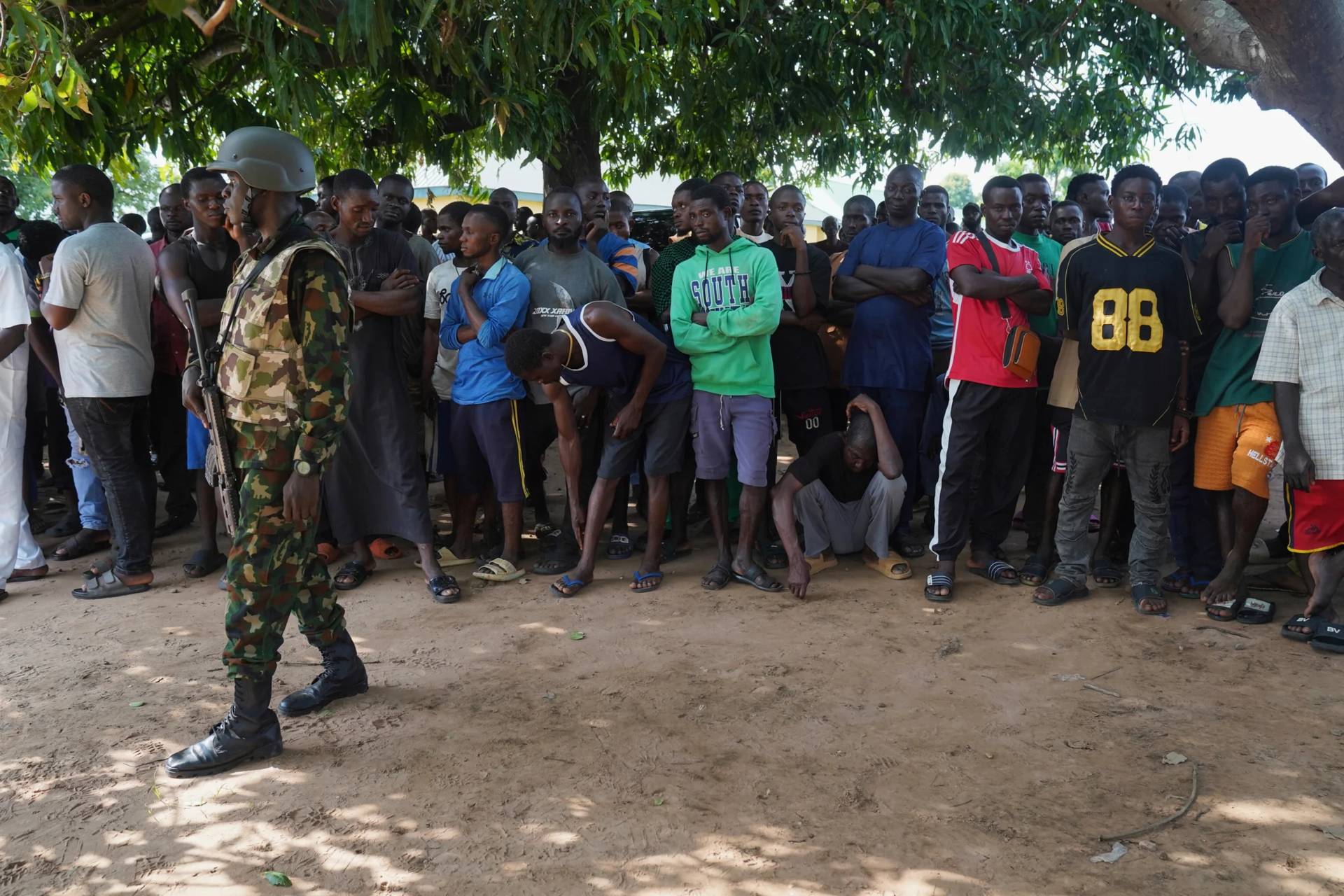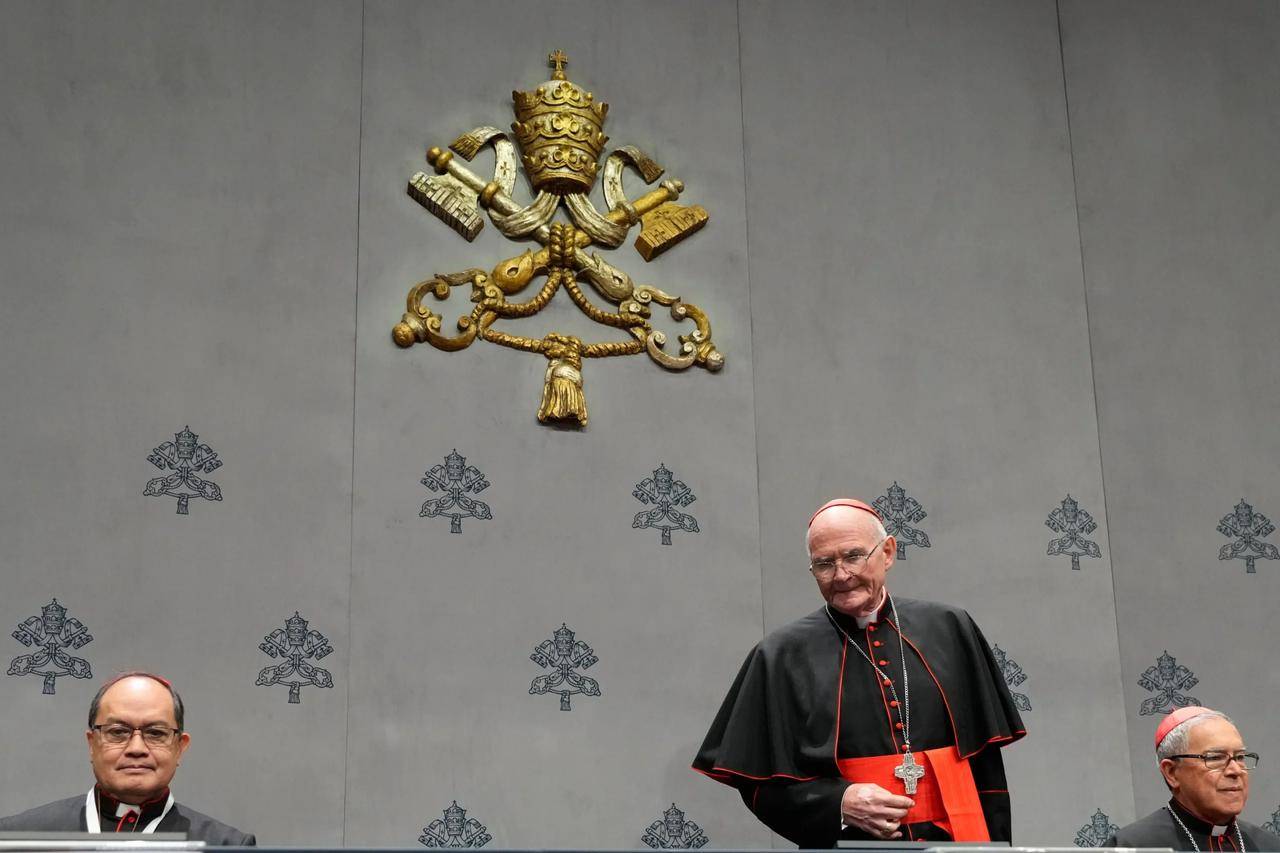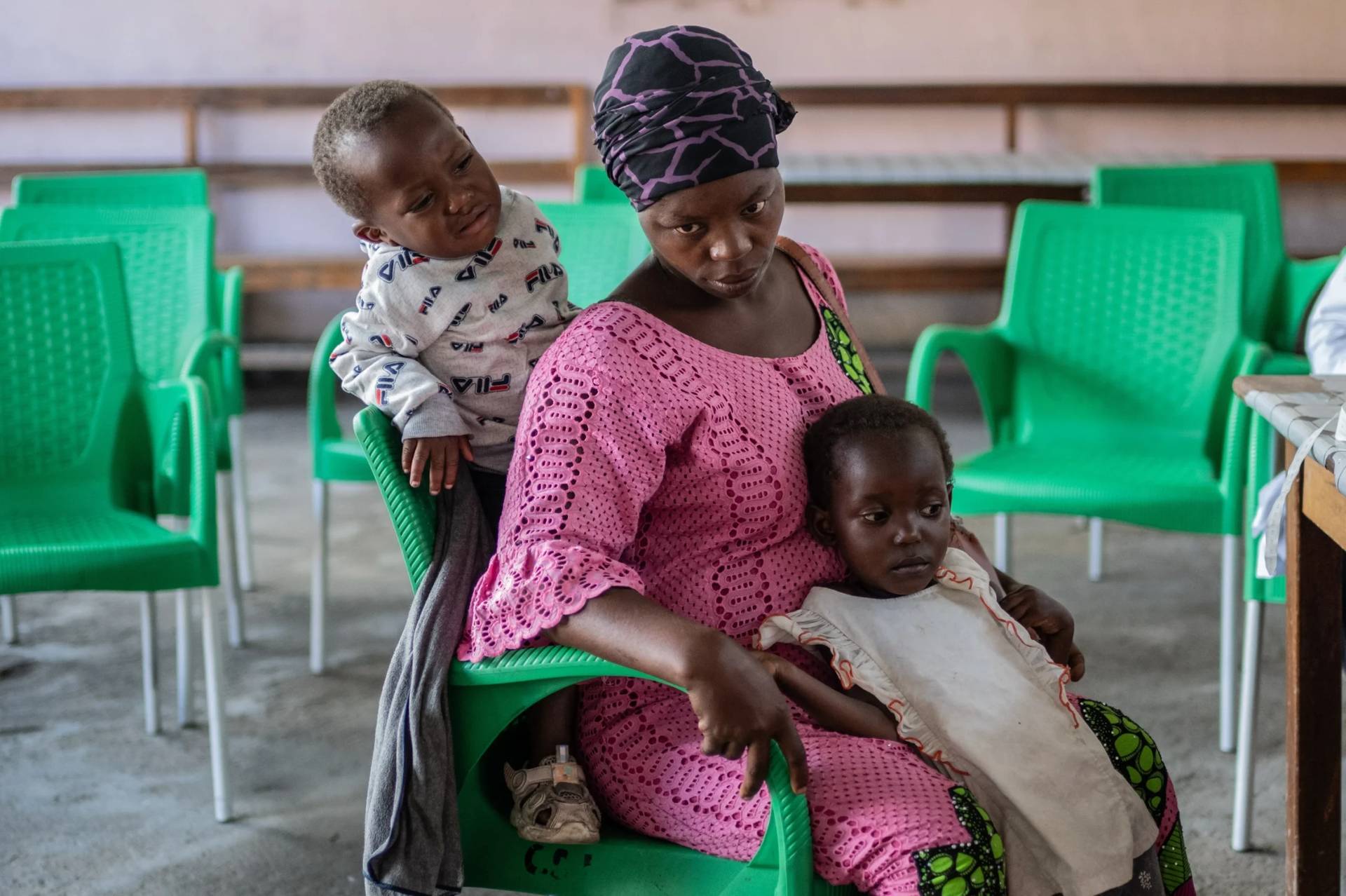The bishops of five West African nations committed to a renewed effort to seek peace in the Sahel region as growing violence has disrupted daily life and uprooted entire communities.
The commitment emerged from a two-day meeting Nov. 12-13 in Ouagadougou, Burkina Faso, of bishops from Burkina Faso, Mali, Niger, Ivory Coast and Ghana and is being seen as vital to the security of tens of thousands of people in the region.
A statement from the bishops released by Catholic Relief Services, which organized the meeting and described it as the first of its kind in the region, said “the Church cannot remain insensitive to the magnitude and consequences of the drama in which populations are plunged.”
The bishops said they would seek “effective conflict prevention and lasting peace and sustainable living, especially through the practice of dialogue, justice and reconciliation.”
Communities in Burkina Faso, Mali and Niger in particular have faced violence rooted in religious and cultural differences, poverty, geography and political maneuvering. The porous borders between the nations also affects Ivory Coast and Ghana as people have fled to those countries seeking safety.
Throughout the Sahel in recent years, places of worship have been attacked, religious leaders have been targeted by violence, schools have been forced to close, and people have been driven from their homes by bands of heavily armed groups.
Chronic food shortages, high unemployment, drug trafficking, scarce natural resources, environmental degradation, climate change and political corruption are common in the Sahel region and have fueled insurgencies that have led to the violence.
The bishops said “radicalization and religious intolerance” and the plundering of natural resources “by both internal actors and external” also have contributed to the region’s difficulties.
A CRS official said in a statement that efforts to achieve peace must address the root causes of the crisis that the bishops outlined.
“There are several different armed groups in the region engaged in conflict and violence, but with the leadership of the local church, CRS will focus on addressing the root causes such as poverty, youth unemployment, a lack of education and an erosion of the social fabric,” Jennifer Overton, West Africa regional director for CRS, said in a statement released by the agency.
CRS called on the U.S. government to “balance its military interventions with an equal commitment to humanitarian, development and social cohesion funding” in the region.
“This conflict can’t be resolved through military intervention alone,” Overton’s statement said. “We have to ensure we build trust among communities, provide education to young people and prevent the violence from spreading further.”
In their statement, the bishops called on armed groups to end “attacks and massacres … in the name of the respect of life that is a sacred gift of God.”
They also addressed particular steps to be taken by public authorities “to make the protection of the populations the priority of the priorities” and to promote good governance and end corruption.
The message also urged religious leaders to educate respect for life and to preserve religious freedom.
Addressing “international actors,” the bishops appealed that they “respect the right of people to dispose of their natural local resources for their own development” and to stop “looting” of natural resources; end “unfair” agreements that undermine development” and stop weapons sales “that fuel conflicts, destabilize states and incite attacks that sow desolation within populations.”
The statement was signed on behalf of the bishops at the meeting by Bishop Laurent Dabire of Dori, Burkina Faso, president of the bishops’ conference of Burkina Faso and Niger, and Bishop Jonas Dembele of Kayes, Mali, president of the Mali bishops’ conference.
Crux is dedicated to smart, wired and independent reporting on the Vatican and worldwide Catholic Church. That kind of reporting doesn’t come cheap, and we need your support. You can help Crux by giving a small amount monthly, or with a onetime gift. Please remember, Crux is a for-profit organization, so contributions are not tax-deductible.













